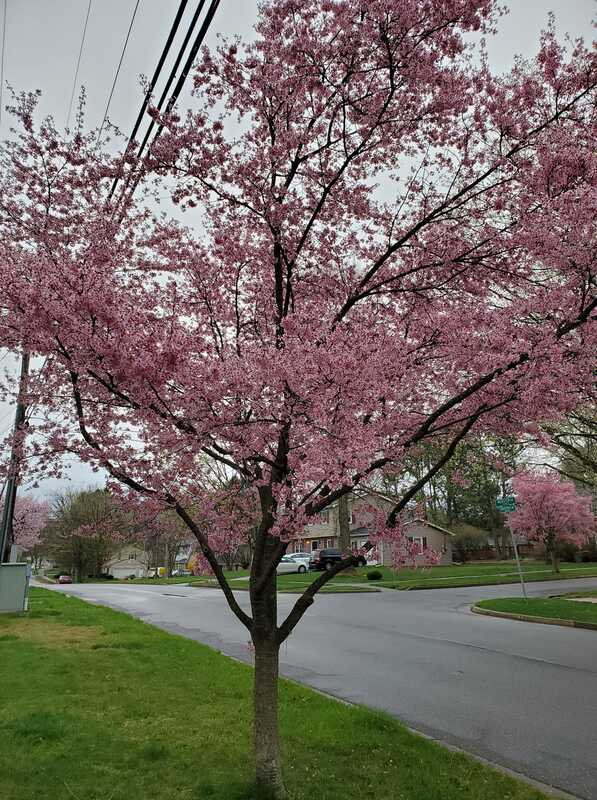Yay! I have written 100 posts on this blog, expanding our understanding of eco-literate music pedagogy. In this post, I situate humans as a sound mimic species, and provide a pedagogical practice that can be used throughout the school year to improve musical thinking, and challenge ecological destruction in a way musicians are, perhaps, best situated to do.
Some of the best mimic species in the animal kingdom are birds, including (here North America) mockingbirds, thrashers, catbirds, starlings, and blue jays. Humans, as a species, are also mimics. We mimic the natural world in order to acquire culture—what Bernie Krause (2015) calls a “continuously evolving fusion … [with] experienced soundscapes” (44). We, and other animals contributing to the soundscape, are co-evolving through a sharing of sounds.
The soundscape also provides humanity with our sense of the divine. The ever-evolving soundscape, including the musics of birds, contributes to personal wellbeing and increases our sense of rootedness. This isn’t meaningless beauty. Finally, becoming conscious of the more-than-human soundscape, we become increasingly aware of technological intrusion on our soundscape. This listening, deeply and purposefully, can be the start of ecological action. Here is a link to the soundscape in my backyard this April morning. And here is a photo I took this morning of the cherry tree the borough planted in front of my house. We experience the seasons through our senses, which are scientific and spiritual tools.
For students, we can also take them outside and have them record the soundscape. We can increase their wellbeing, while also tuning in their critical ears. Monet, famously painted a series of oil paintings of the Palace of Westminster from his window at St. Thomas’ Hospital between 1899 and 1901. The series provides the viewer with different views of the same place, on different times of day, and under different weather conditions. Researchers suggest that climate change is transforming the global soundscape, including its biophony (animal created sounds) and geophony (non-biological sounds). Drawing these together, we can, with our students, record the same soundscape throughout the school year, and note how it changes through the year, in different seasons and under different weather conditions. This will not only tune our students into the sounds of the natural world, increasing their abilities to understand music, but also provide them with the tools to contribute to and challenge ecological destruction wherever we hear it.
DS
Reference
Krause, Bernie. 2015. Voices of the wild: Animal songs, human din, and the call to save natural soundscapes. New Haven, CT: Yale University Press.

 RSS Feed
RSS Feed
